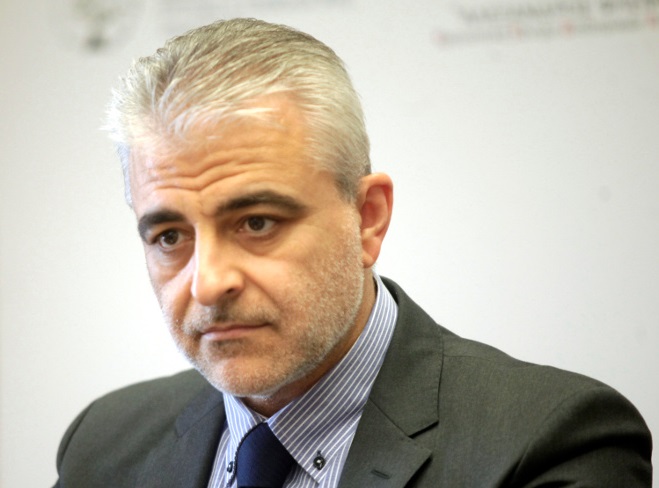It's not all about the money
Scientists in southern European states and the EU-13 have long found it difficult to secure sufficient funding for fundamental research, as it was often not seen as a priority – especially during challenging economic periods. The result was brain drain, a serious problem for countries such as Greece. The ERC and its inspiring model offer a vital solution.
ERC grants, with their relatively long timescale and generous funding levels have proved invaluable to the development of researchers and research institutions in these countries. These grants allow researchers to conduct high level work and contend with their competitors in major foreign research centres. They offset institutional problems caused by a lack of resources and benefit not just the research project itself but others in the same organisation, for example by enabling the purchase of major equipment that could be used for multiple studies. Competitive salaries funded by ERC grants also encourage researchers to stay or return to their native country.
The ERC as a policy spur
I have also personally seen the ERC play a clear catalytic role in Greek policy making. During the economic crisis, our government realised that investing in science and higher education could play a role in overcoming it. This conviction was demonstrated when the government actually increased the budget for scientific research during a period when many other areas were cut. It also moved to support the ERC's creation and eventually to create its own Greek version.
Greece's support for the ERC initially appeared paradoxical. Politically it would have made more sense to support other types of EU funding that tie more securely to national projects. Greece's research community is relatively small and therefore the country doesn't yet win as many ERC grants as those countries of a comparable overall size and population. But it wasn't about the money. It was about the vision, the best in class funding system. The people of Greece decided not to go for the fish, but to help form the tool that would enable them to fish for themselves.
The ERC's influence helped us weather the crisis, not just to survive, but to thrive.
An inspiring model
The success of the ERC funding model clearly demonstrated that the criterion of excellence is the only safe one when funding research. It secures meritocracy and ensures that excellence can get funding in any country, even under crisis conditions. Its award system is fully transparent and objective, facts which became very clear to me during my past work as an ERC selection panellist and remote reviewer.
However in terms of national funding for fundamental research, the ERC had no Greek equivalent. It's safe to say that the creation of the Hellenic Foundation for Research and innovation (the HFRI) in 2016 was directly inspired by the ERC model. It was established along almost identical lines, with a corresponding Scientific Council and Advisory Committee, who guide grant evaluation carried out by independent committees and panels. Another EU body also greatly contributed to the HFRI: the European Investment Bank (EIB) loaned half of the necessary investment, quite a remarkable bet for them at the time as they were essentially investing purely in ideas rather than their more usual fare of construction or material investment.
 Nektarios Tavernarakis
Nektarios Tavernarakis
A career changer
I now work at the Foundation for Research and Technology (FORTH), headquartered in Crete, a peripheral part of our "peripheral" EU country. Yet we were able to develop into the largest research centre in Greece and also get through the economic crisis without a significant decline in activity. We did this partly through securing funding from outside our country, including from the ERC.
ERC grants are considered as seals of excellence and in my experience can greatly help academics in their pursuit of tenured positions. Without ERC support I would not be in the position I am now at this point in my career. An ERC Advanced Grant allowed my team to carry out pioneering work while a subsequent Proof of Concept Grant and further Advanced Grant allowed us to expand and develop our infrastructure to similar levels as that of labs in Germany and the USA. Our research has been published in a number of respected journals. With the help of the HFRI we have also played our part in reversing brain drain – already six Greek researchers have returned from other countries to work at FORTH using HFRI grants. The ERC's influence helped us weather the crisis, not just to survive, but to thrive.





